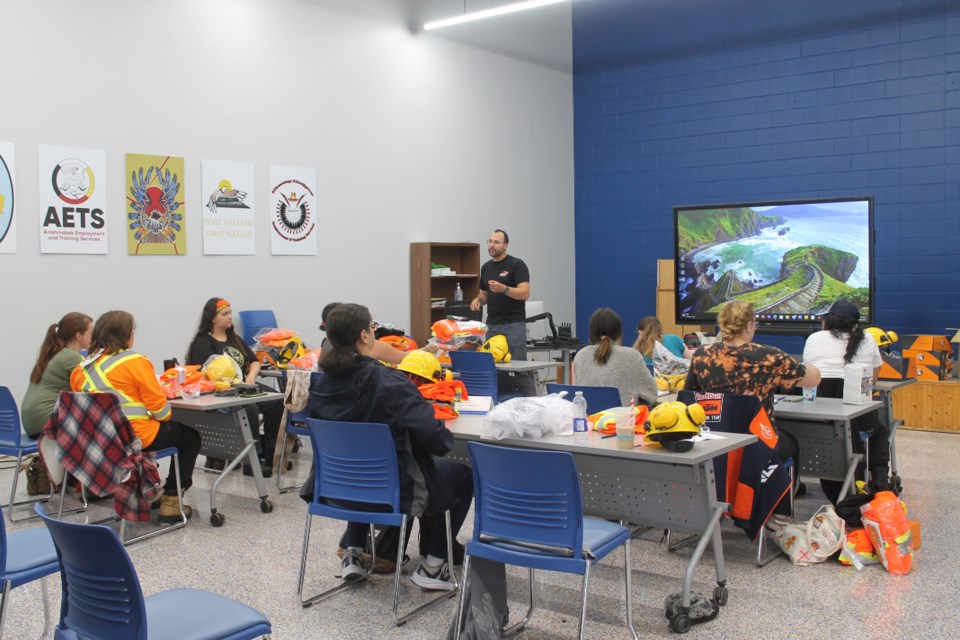Twelve women have embarked on a transformative journey through a nine-week residential construction worker course, offered by the Labourers International Union of North America (LiUNA) in Thunder Bay, Ontario. This initiative marks the first women-only course of its kind for the union in northern Ontario, aiming to break down barriers in a traditionally male-dominated industry.
Addressing Barriers to Participation
According to Bryan Nieweglowski, manager of training at the LiUNA Training Centre, the course was designed with a focus on inclusivity. “We try to eliminate all barriers with anyone,” he stated, emphasizing the importance of ensuring all participants can fully engage in the program. The course covers essential costs, including child care, transportation, and lodging, to assist women from remote locations.
To further facilitate participation, the program provides daily lunches and supplies such as personal protective equipment (PPE) and hand tools. Nieweglowski explained, “We wanted to make sure every barrier was covered, even if it’s providing lunch every day, that there’s never a reason that they can’t participate.”
Building Skills for the Future
The primary goal of the course is to equip women with the skills necessary to enter the construction workforce confidently. “Anytime we run a focus based more on women participation, let’s face it, women could be some of the better workers in any field, and construction is one that we’re lacking,” Nieweglowski remarked. He highlighted the urgent need for skilled labor in the construction industry, which is currently facing a shortage.
The course curriculum encompasses various residential construction principles, including flooring systems, wall systems, roof systems, and exterior finishes, such as door and window installations, siding, and roofing. “The goal is to have two tiny homes built,” Nieweglowski added, indicating a practical approach to learning.
Participants like Ellyzabethe Gillies see the course as an opportunity to advance their skills. Gillies, who lives in a rural area, expressed, “I’d like to build a house. These skills will definitely help me out.” She believes the barrier-free nature of the program is crucial, especially for those without local family support.
Kasaydia Woodcock, another participant, joined the program after completing a specialist high skills major in construction in high school. “This is amazing. I can give back to the community and feel really good about it,” she stated. Woodcock is particularly excited about learning roofing techniques, which were not covered in her previous education. “I’m most excited to learn about the roofing. We didn’t really get too much into that in school. My favourite part was building the walls,” she said, reflecting on her first day of the course.
The enthusiasm among participants is palpable, as they look forward to collaborating and honing their skills. A second cohort is set to commence once the current group completes their training, with an additional twelve women expected to join.
This initiative not only aims to empower the participants but also seeks to challenge the perception of women in the construction field, paving the way for a more diverse workforce in an industry that needs it.



































































